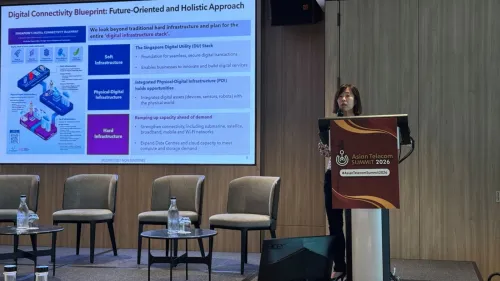
Global geopolitical tensions to heighten climate change challenges: report
This could also affect energy transitions and policy support for electric vehicles.
Geopolitical tensions globally will likely complicate efforts to address climate change, the Economist Intelligence reported.
In its Industry Outlook 2024, the EIU the tensions, particularly involving China, Russia, the European Union, and the United States, will likely affect supplies of critical minerals required for the energy transition.
This will also impact government support for the electric vehicle market.
“For example, the EU will be continuing its investigation into China’s support for its EV sector, with a view to imposing import tariffs or reformulating its own subsidies,” the report read in part. “The race to secure critical minerals and supplies needed for the energy transition will move to the seabed and other less explored locations.”
Outside climate change goals, the persisting geopolitical tensions will also likely affect investment in technology, such as data, semiconductors, and artificial intelligence.
“Regulations and trade barriers are likely to change rapidly, just as companies worldwide step up their investment into AI in order to benefit from recent developments in large-language models. We foresee some market disruptions from these investments into AI as companies test out ways to increase productivity, but we do not expect large-scale job losses.”















